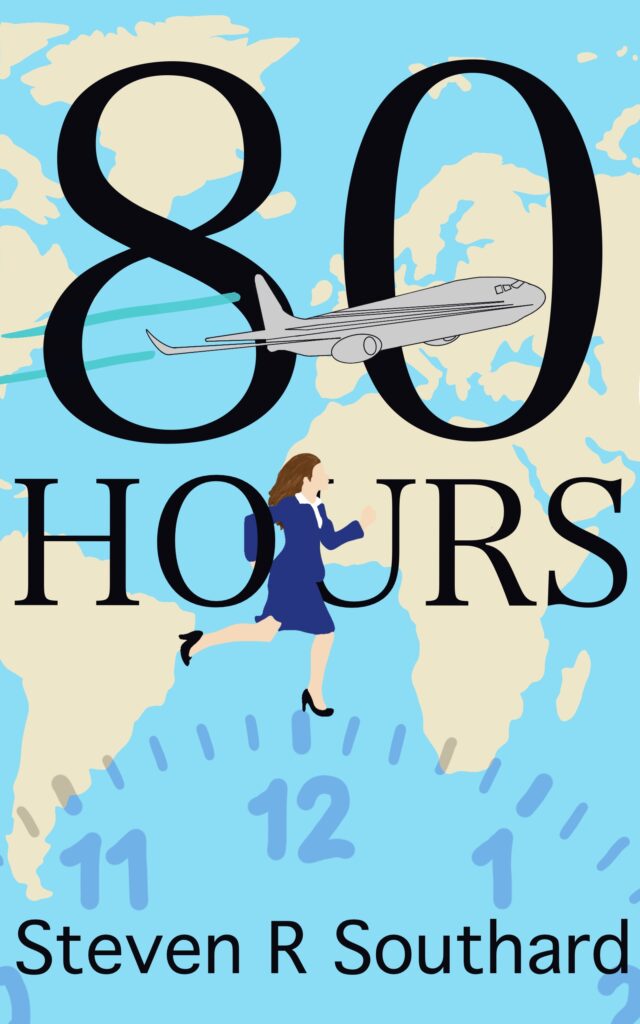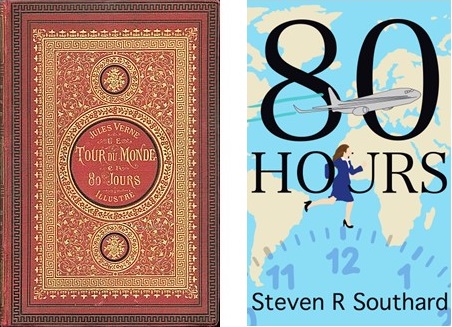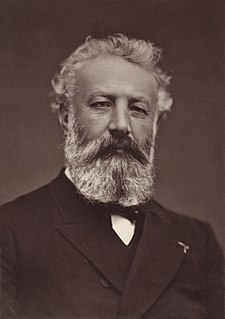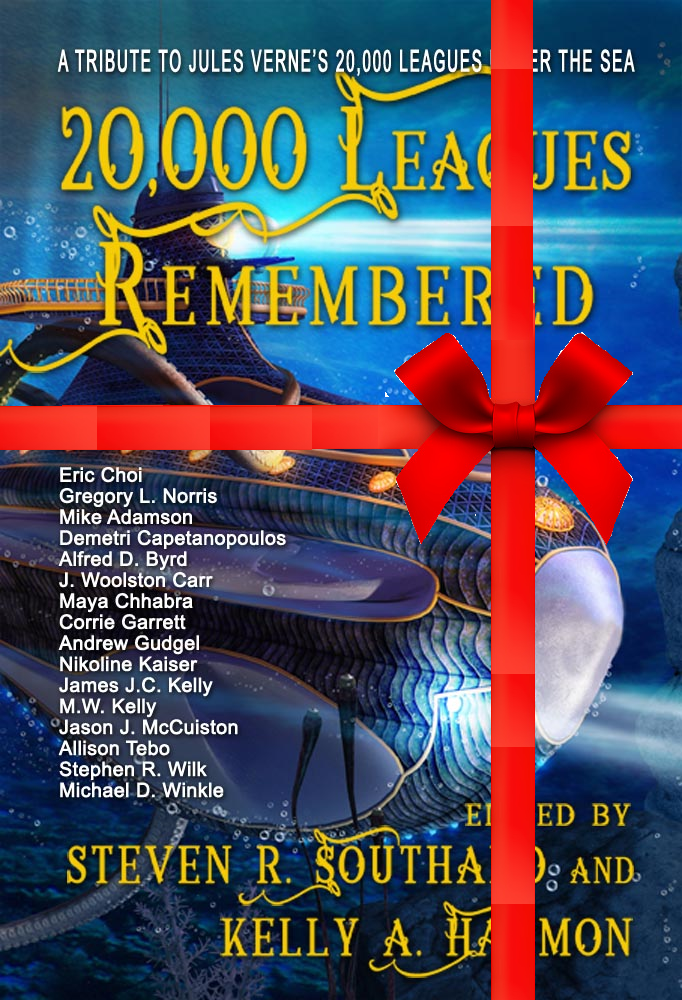Buon giorno, faithful readers and fellow blog travelers. We’ve reached Turin on our voyage Around the World in Eighty Days with Phileas Fogg and his servant, Passepartout. We’re commemorating their famous fictional trip of 150 years ago.
The book states Fogg and his party reached Turin “by Mont Cenis” on Friday, October 4, 1872, at 6:35 am. The Mont Cenis part seems unlikely. A railway had been operating there since 1868, but it closed in 1871 after the opening of the Fréjus Rail Tunnel. That tunnel proved a much better connection between France and Italy through the Alps. I’m guessing Verne wrote the novel a year or so ahead of when it appeared in print.
In any case, Fogg must have felt gratified, in his stoic way, to have traveled 736 miles since leaving London. That put him 3% of his way around the world in just 2.5% of the time. Good to be ahead of schedule so early in the trip.
Turin, in 1872, held a population of 208,000 and had served as the capital of Italy up until 11 years earlier. King Victor Emmanuel II then sat on the throne of the newly united Kingdom of Italy.
In 2022, Turin’s population numbers 900,000. Sergio Mattarella serves as President of the country, and Mario Draghi is the Prime Minister.
Today’s traveler wouldn’t need 22 hours, as Fogg did, to reach Turin from Paris. You can fly between the two airports in about an hour and a half.
Speaking of flying, you might consider buying a copy of my book 80 Hours, a fictional tribute to Verne’s story. You can get the ebook from Barnes & Noble, Rakuten Kobo, Scribd, Tolino, Vivlio, Amazon, and Apple Books.
Tomorrow, we’re due in Brindisi. So far, all is going well for our party—Fogg, Passepartout, you, and—
Poseidon’s Scribe

















